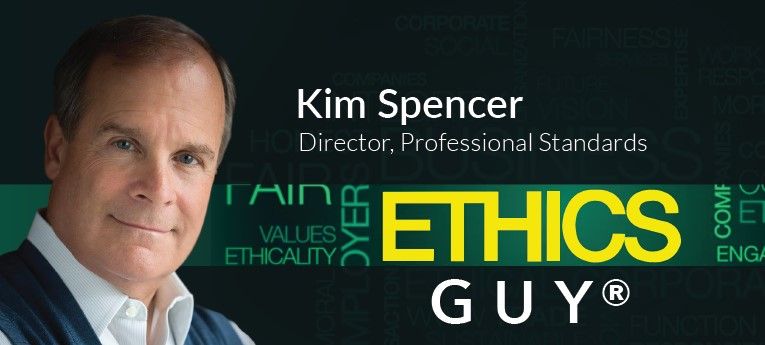Federal and provincial statutes, the Criminal Code, common law, regulations, rules, standards, and our obligations that come with the REALTOR® Code and Rules of Cooperation have a lot to say about how we conduct ourselves and what we must do in particular situations.
Regulators and the statutes they enforce can be quite prescriptive, meaning they’re very specific about what we’re required to do in certain circumstances; for example, getting a potential client to promptly execute a Disclosure of Representation in Trading Services form and giving a written disclosure to buyers when a material latent property defect has been discovered.
Codes of conduct often aren’t as prescriptive because they’re more general and aspirational. For example, they might state, “We’re REALTORS® and we will conduct ourselves with absolute civility.” This is pretty subjective, with as many shades as there are members.
The problem with prescriptive requirements is they don’t cover all situations, and they sometimes prompt those who are being regulated to look for “workarounds.” Should we, as professionals, be looking for loopholes in our conduct requirements? Or should we act within the requirements and the spirit of those requirements? What do you think?
"Human nature being what it is, there’s no way to create rules and standards covering everything we do. The more rules and standards we have, the more opportunity there is to argue whether they apply in a particular situation and what a workaround might be. That, by the way, is where I spend a lot of time: talking to members about a standard or rule and how it affects them."
We have written standards generally telling us how we should act and what we must do in specific situations.
This brings me to my theme of the glue holding everything together. That’s a phrase that reminds me of suffering through grade 10 physics, with my teacher shaking his head while calling me a great steaming twit (times were different back then). I learned about the things that hold our universe together, which I’ve now forgotten. Maybe it’s gravity. Who knows? I also learned—and then forgot—about the things holding our atoms and molecules together.
You get the point, I hope.
The universe, our bodies, solar systems, and, yes, our profession have a type of glue holding everything together. Each has individual components—planets, atoms, molecules—swirling around, sometimes in isolation and other times colliding.
For us and our profession, it’s the Real Estate Services Act and all the other relevant acts, the BC Financial Services Authority, FINTRAC, and the competition police (to name a few), as well as our Board’s standards: the REALTOR® Code of Ethics, Rules of Cooperation, and the Constitution and Bylaws. All describe how we should behave and what we must do.
These are also the source of a lot of complaints. For example:
“They didn’t tell me there was more than one offer as required by ROC 4.04.”
“The seller accepted an early offer, contrary to ROC 4.02.”
“So-and-so used my photos in their new listing (ROC 3.06(a).”
These examples are only some of the reasons why members complain. Mostly, members complain about how they’ve been treated by other members. The behaviour they expected from a colleague didn’t happen, and they’re miffed about it.
What we expect from others isn’t usually written down and codified. I call that behaviour expected business conduct. It’s similar (and in many respects tied to) the social norms and niceties we expect in a civil society. Expected business conduct like civility doesn’t live in a document or a place on the Internet. It lives in each of us and governs the behaviour we expect from others. When the behaviour matches or is close to what we expect, we’re pleased. When it isn’t, we’re not.
So along with all the laws, rules, and regulations, expected business conduct also binds us together. This is not something that can be codified the way rules are, but your Pledge of Professionalism and the “do unto others, as you would have them do unto you” written into our REALTOR® Code are evidence of expected business conduct. They don’t, and can’t, describe everything, but in general terms, they represent how we ought to behave as members of this profession. And even though they aren’t spelled out for every possible case, I believe most of us have a pretty good idea of how professionals ought to conduct themselves.
"Paying attention to statutes, rules, and codes is the minimum standard we should expect from colleagues. The higher standard is paying attention to all that PLUS being civil, respectful, compassionate, communicative, and yes, knowledgeable. Together, that’s the glue that holds us together."
With the start of a new year, give a few minutes to think about that glue and how important it is to you and your professional experiences. Expected business conduct isn’t optional. It’s as vital to the you and your profession as food, air, and security is to every living thing.
I wish you the best.

